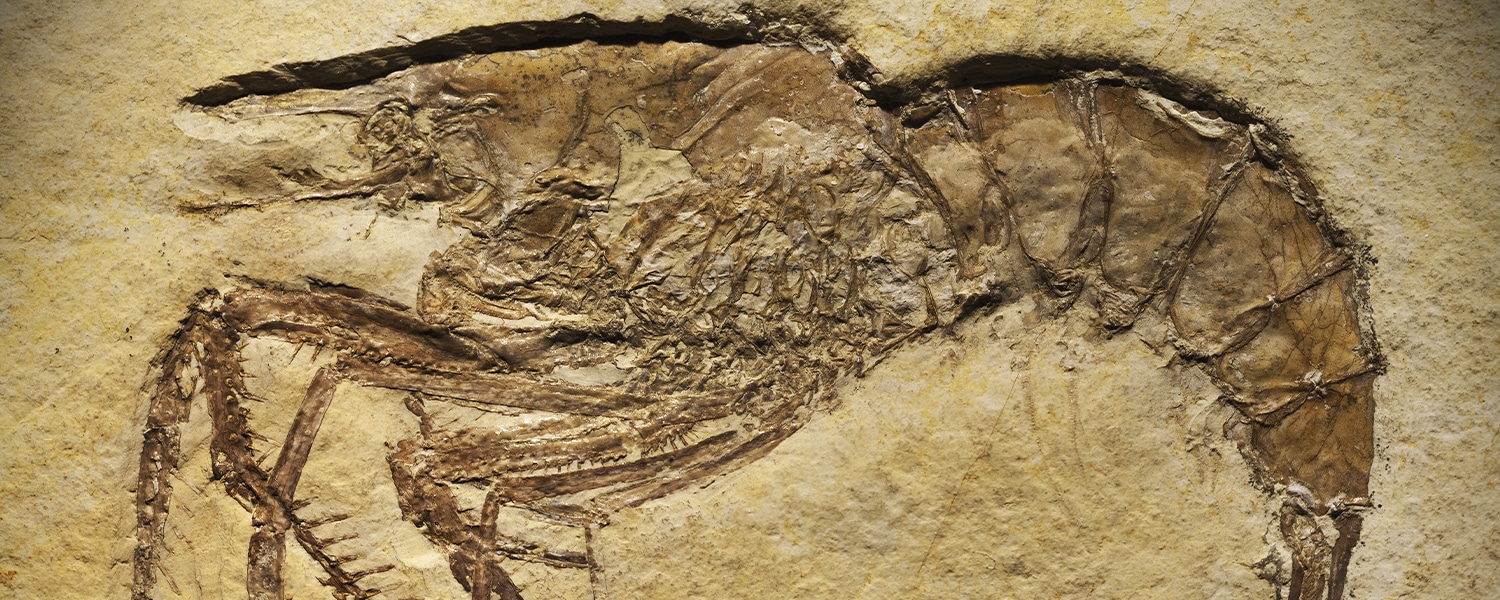Shrimp: Delicious for over 450 million years
May 2, 2019

ORIGINAL ARTICLE PUBLISHED BY AMERICAN MUSEUM OF NATURAL HISTORY
Decapods, 10-legged crustaceans broadly categorized into shrimp, lobsters, and crabs, are a globally important food source worth billions of dollars.
But the animals in this order, which contains more than 15,000 living species and 3,000 extinct ones, are also ecologically fascinating. Decapods make homes in a wide variety of global habitats, from the open oceans to coral reefs, as well as in freshwater streams and lakes. But despite the economic and environmental significance of decapods, piecing together the evolutionary relationships of this group has been difficult.
Now, a new study led by researchers at the Museum, Harvard University, and Florida International University resolves gaps in our understanding of the decapod tree of life.
Suggested Articles
ASPA Fights Back Against Indian Shrimp Imports Made with Forced Labor
Port Arthur, TX (April 16, 2024) The American Shrimp Processors Association (ASPA) is taking aggressive action to combat imports of shrimp from India that were...
Read More April 2024American Shrimp Processors Association Launches Trade Petitions Addressing Unfair Dumping and Illegal Subsidies
Read additional information about the trade petitions, including public copies of ASPA filings. Today, the American Shrimp Processors Association (ASPA) filed trade petitions seeking antidumping...
Read More October 2023Bipartisan Legislation Introduced to Ensure the Availability of Healthy and Safe American Shrimp
WASHINGTON, DC – U.S. Representatives Garret Graves (Louisiana) and Kathy Castor (Florida) introduced legislation to stop unsafe, illegally-produced shrimp from reaching consumers. Much of the shrimp...
Read More August 2023

